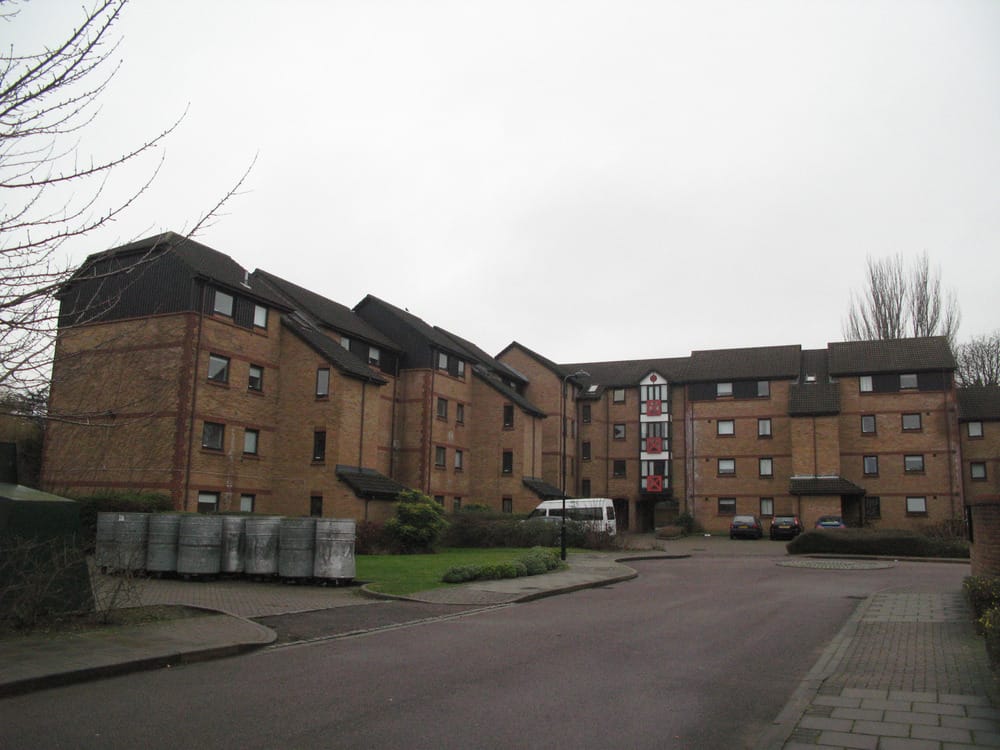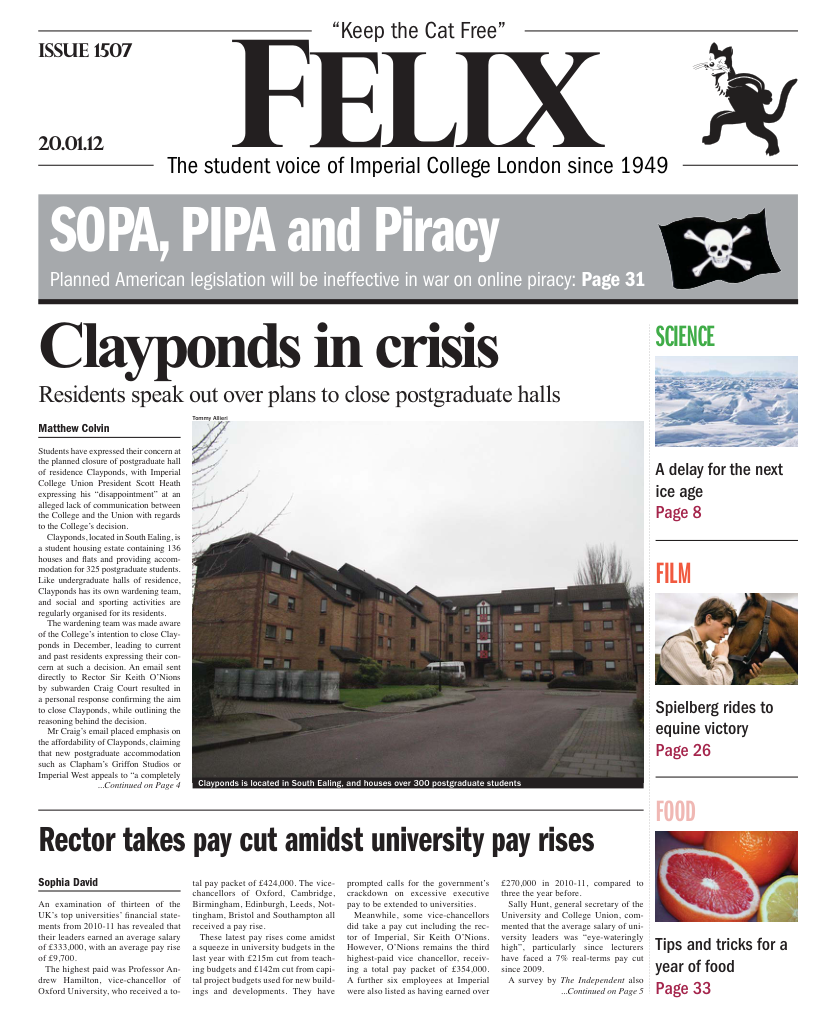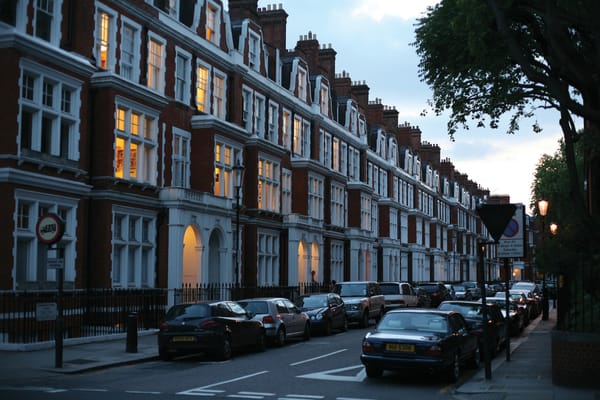Clayponds in crisis
Residents at postgraduate campus react to potential closure

Students have expressed their concern at the planned closure of postgraduate hall of residence Clayponds, with Imperial College Union President Scott Heath expressing his "disappointment" at an alleged lack of communication between the College and the Union with regards to the College's decision.
Clayponds, located in South Ealing, is a student housing estate containing 136 houses and flats and providing accommodation for 325 postgraduate students. Like undergraduate halls of residence, Clayponds has its own wardening team, and social and sporting activities are regularly organised for its residents.
The wardening team was made aware of the College's intention to close Clayponds in December, leading to current and past residents expressing their concern at such a decision. An email sent directly to Rector Sir Keith O'Nions by subwarden Craig Court resulted in a personal response confirming the aim to close Clayponds, while outlining the reasoning behind the decision.
Mr Craig's email placed emphasis on the affordability of Clayponds, claiming that new postgraduate accommodation such as Clapham's Griffon Studios or Imperial West appeals to "a completely different demographic" in terms of accommodation costs.
"If Clayponds is closed, replacing it will be impossible," he continued. "Finding a self contained site with 136 properties of flats and houses in zone 3 with good transport links via the Piccadilly Line straight into college is unrealistic. Converting those properties into student accommodation, including common room facilities and offices for hall supervisors would also be expensive. Clayponds provides for some of your poorer postgraduate students the accommodation they need, just as it has been doing for around 20 years."
Finding a self contained site with 136 properties of flats and houses in zone 3 with good transport links via the Piccadilly Line straight into college is unrealistic. Craig Court – Clayponds Subwarden
The Rector's response aimed to provide some background to the College's decisions, beginning with a reassurance that "we care very much that safe and affordable accommodation is provided for students whilst they study at College."
The response details that a focus group was held in February 2011, "which returned a clear message that students wanted the College to provide accommodation in areas within 30 minutes travel time to the South Kensington campus and close to public transport for increased security, particularly in the evenings."
"Postgraduate students stressed that, unlike when they were undergraduates living away from home for the first time, they wanted an independent living experience but with opportunities to socialise as they wish. The College developed its postgraduate accommodation strategy with this feedback as a key focus."
In addition, the Rector raised concerns about the suitability of Clayponds in the long term, citing an "over 50 minute travel time to South Kensington, in an area with little to offer students in their leisure time."
"Through selling Clayponds the College will be able to raise in the order of £25m-£30m. This will be reinvested in the provision of bursaries to all Imperial postgraduates students that choose to live in GradPad accommodation [Griffon Studios in Clapham or Imperial West at Wood Lane]; the bursary will be in the region of £25 per week for postgraduates in 2012-13. This subsidy will enable Imperial’s students to live in better quality accommodation, much closer to South Kensington, than Clayponds currently offers."
Past and present residents of Clayponds have contacted Felix in response to these statements.
Lauren Clark was a resident at Clayponds for one year, until September 2011, and believes that the loss of the accommodation there would "greatly detract from the experience of future postgraduate students". Writing that "the availability of affordable student housing was instrumental in making my time at Imperial enjoyable," reference is also made to the estate's social side: "Clayponds Village also provided a great community atmosphere and culture that can not be easily recreated." In response to the longer commute and activities, she continues: "while the commute time is something I did gripe about, I'd have to strenuously disagree about the surrounding area having little to offer. Kew Gardens and Richmond are a single bus ride away."
Séverine Maréchal, writing in an open letter, also emphasises the community of the site, or "Clayponds identity" – "the dynamism and enthusiasm of the wardens and staff… fostered by numerous activities and a constant on-duty presence." Also highlighting the affordability of the location in comparison to Griffon Studios, she continues: "Personally I would not have been able to join Imperial, would I not have had this accommodation option".
John Castle, resident at Clayponds for the 2010-2011 academic year, recalls an "amazing year", again highlighting the "superb community feel". Rubbishing claims that the area offers little to do for leisure, Mr Castle highlights the local eateries, pubs and opportunities for sport in the nearby Gunnersbury Park.
"The way that these plans seem to have been kept quiet by the senior management has really annoyed me. Clayponds is an Imperial institution well-loved by its current and former residents, many of whom return to visit. A rationale adequate for closing such a successful part of the College needs to be quite spectacular, and yet it has not been forthcoming."
Union President Scott Heath has actively stated his concern with the closure, claiming that the "consultation [the Union] had [with College] was absolutely zero". Expressing his "disappointment" with the lack of contact with College, especially in light of the "direct impact" that such an event would have on the student body, he continued: "the one-year bursary scheme is a clear sign that College recognises that Grad Pad is pricing out a large number of students. Unfortunately this level of bursary is not enough to ‘price in’ students."
"We currently have no fit for purpose postgraduate accommodation if you want to replicate what Clayponds offers. Maybe a few years down the line we will have postgraduate accommodation that has the same community spirit, but until then College must provide low-cost accommodation if they have any care or consideration about making life affordable (comfortable)."
"This whole situation is reminiscent of last year's Life Sciences restructure and a sign that the Union needs to have the chance to consult Management Board papers."
The College's Management Board, which is chaired by the Rector, is delegated authority to approve projects with a total value of less than £5m. Hence, the selling of Clayponds, which could generate over £25m, must also be approved by the College Council. Imperial College Union, while not sitting on the Management Board, do sit on College Council, who will meet on 10 February. Heath indicated that he will “use the position in Council to voice the opinion of the Student Body and apologise to all members that neglect of Management Board to consult us means that such comments must be aired there.”
Update [12:26 – 20/01/2012] – A statement from Deputy President (Welfare) Nicolas Massie: "I have two primary reservations about Griffon studios and the new accommodation at Imperial West, particularly when contrasted with Clayponds: one, the lack of provision of pastoral care and two, the price. Postgraduate students are not immune to homesickness or ill-health. They do not arrive with bands of friends knowing where to find the local shops. They do not necessarily have the support networks, certainly within the first few months, to help them through difficult times. The lack pastoral care provision in the new halls of residence would appear to assume this. These areas of difficulty when combined with potential stress brought on by unusually high costs could, to the pessimist, spell disaster.
"I appreciate that Griffon Studios, and the new halls at Imperial West may well represent ‘good value for money’ but perhaps it is time to consider that students are students and that perhaps they need something that is simply of lower value. I applaud the efforts College is now putting into ascertaining exactly what students need and want in terms of accommodation but I think in the meantime it would be a great pity to close and sell something that is working while opening something that is untested and just might not."










